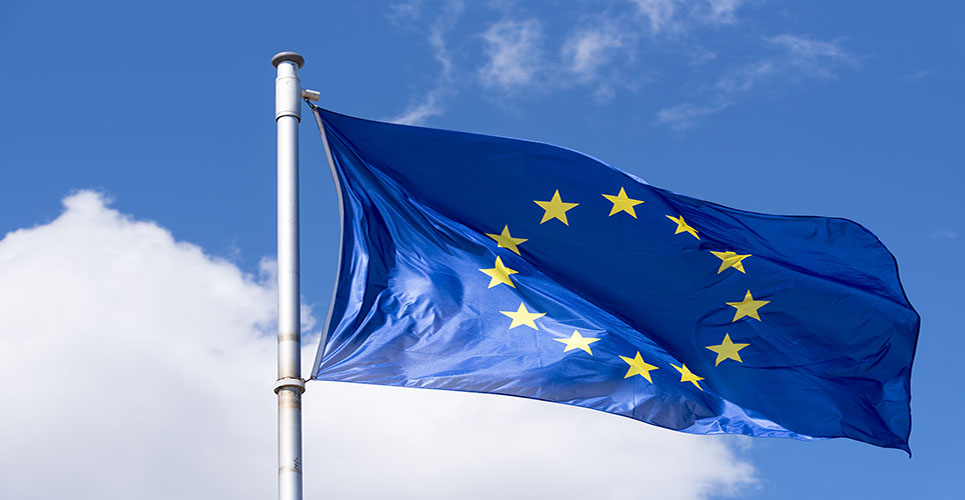teaser
Brian Edwards CBE
Professor of Healthcare Development
University of Sheffield
UK
Further progress has been made in developing plans to create a European health insurance card.
A Council meeting in Luxembourg in October 2003 agreed a general way forward that will see the end of the E111 form, which has been used for many years by tourists to prove their eligibility for emergency treatment in another country, in June 2004. Genuine and immediate emergency care will remain available to all European citizens on the same basis as the residents of the country in which the emergency arises. Access is limited to state care providers (private sector emergency care is not covered by these agreements).
Including personal health data on such cards remains politically difficult as governments wrestle with the tensions between the potential value of such cards and personal liberties. Cross-border access to healthcare remains a controversial issue for many countries and particularly those who offer a service that is largely free at the point of need. The UK has recently tightened up its regulations and procedures in order to prevent what politicians call health tourism – that is, people from one country who travel to another to obtain nonemergency treatment for free. Failed asylum-seekers will no longer be eligible for free healthcare, and neither will the dependants of somebody who is themselves a permanent resident. Business travellers will also be barred from free treatment unless what they need is defined as an emergency. Students who study fulltime in the UK, however, will be fully exempt from charges.
One group of pensioners in particular will have watched these rules being tightened up with alarm. These are the many thousands of mainly elderly people from northern Europe who migrate south to the Mediterranean during the winter months. At present, pensioners from the UK who spend more than three months of the year out of the country lose their entitlement to free NHS treatment. This is to be increased to six months shortly. The service becomes free again should they return home on a permanent basis.
Implementing rules such as these is both challenging and costly for the hospital sector and, until recently, they have been largely ignored. Clinical staff who work in the public sector resent being asked to check a patient’s legal status before initiating treatment. There are particularly difficult ethical problems in dealing with patients who arrive as visitors with AIDS and may die if denied modern treatment. This is not just a UK problem – Spain has major problems with immigrants from North Africa.
At governmental level the problem is easily resolved: it is responsible for its citizens, not the whole world. To the clinician with a sick patient in front of them, the dilemma is more acute. Even when treatment is given on the grounds that it is an emergency, and then invoiced when ineligibility is decided, financial recovery rates are poor.
One particularly challenging area of health tourism is the traffic in human organs, which the Commission and the European Parliament want to ban. Current ideas include making it a criminal offence for an EU citizen to go abroad and pay for transplants, and a minimum 10-year prison sentence for anybody caught trafficking individuals into the EU so that their organs can be removed without consent. Two EU-wide databases are likely to spin out of these discussions: one on patients waiting for transplants and another on available organs.
The introduction of new laws in this field will take some time, as a new directive on setting standards of quality and safety for the donation, procurement, testing, processing, storage and distribution of human tissues and cells has first to be agreed.
As the European institutions are discovering, health is a very tricky issue to regulate.

